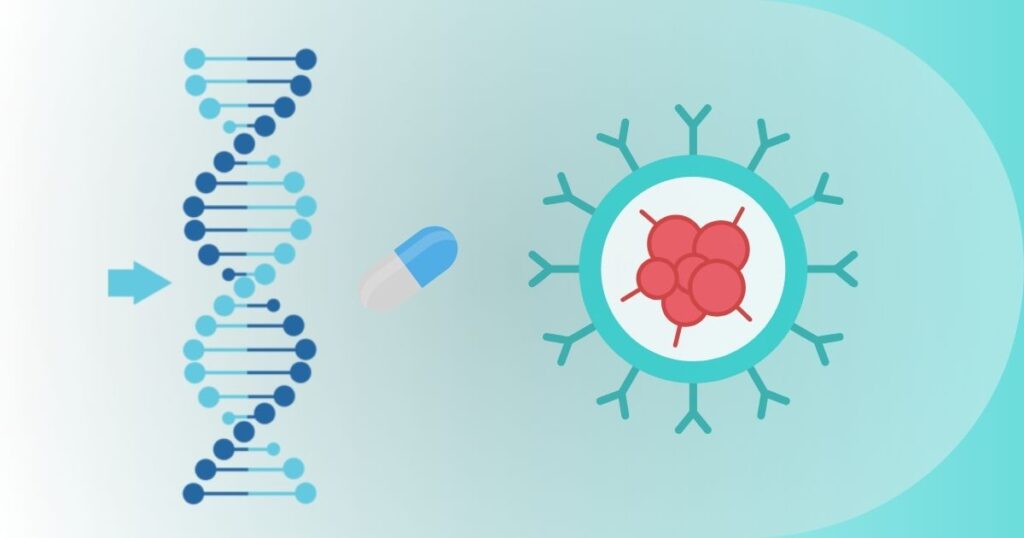In the ever-evolving landscape of medical advancements, Precision Medicine has emerged as a groundbreaking approach to tailor healthcare to an individual’s unique genetic makeup. Within this paradigm, Pharmacogenomics (PGx) testing has become a revolutionary tool, particularly in the field of oncology. This article explores the transformative impact of PGx testing for cancer, ushering in a new era of personalized and effective treatment strategies.
Understanding Pharmacogenomics
Pharmacogenomics involves the study of how an individual’s genetic makeup influences their response to medications. In the context of cancer treatment, PGx testing analyzes the patient’s genetic variations to predict how they will metabolize and respond to specific anti-cancer drugs. This precision enables oncologists to prescribe medications that are more likely to be effective while minimizing adverse reactions.
Tailored Treatment Plans
The conventional one-size-fits-all approach to cancer treatment is being replaced by tailored treatment plans based on a patient’s genetic profile. PGx testing allows oncologists to identify specific genetic mutations or variations that may affect the efficacy of certain drugs. Consequently, patients can receive medications that are most likely to target their particular cancer, optimizing treatment outcomes and minimizing unnecessary side effects.
Reducing Adverse Reactions
Adverse drug reactions can be a significant challenge in cancer treatment. PGx testing helps identify genetic markers that may indicate a higher risk of adverse reactions to certain drugs. By avoiding medications that are likely to cause severe side effects in specific individuals, PGx testing contributes to a safer and more patient-centric approach to cancer therapy.
Enhanced Drug Development
PGx testing not only benefits individual patients but also plays a crucial role in advancing cancer drug development. By identifying genetic factors associated with drug response, researchers can refine clinical trials and develop new medications that are more effective and better tolerated. This iterative process contributes to a continuous improvement in cancer therapeutics.
Cost-Efficiency and Resource Optimization
PGx testing can lead to more cost-effective healthcare by preventing the use of drugs that are unlikely to be effective for certain individuals. By avoiding trial-and-error approaches, healthcare resources are optimized, and patients may experience faster and more successful outcomes. This targeted approach has the potential to reduce the economic burden associated with cancer treatment.
Ethical Considerations and Informed Consent
While the benefits of PGx testing are substantial, it raises ethical considerations regarding privacy and the use of genetic information. Informed consent becomes crucial as patients need to understand the implications of genetic testing, including potential findings that may have implications beyond their cancer treatment.
Conclusion
PGx testing for cancer marks a pivotal shift towards a more personalized and precise approach to healthcare. By harnessing the power of genetic information, oncologists can optimize treatment strategies, reduce adverse reactions, and contribute to the ongoing advancements in cancer therapeutics. As the field of Precision Medicine continues to evolve, PGx testing stands out as a beacon of hope for improved outcomes and a new era of cancer care that is as unique as the individuals it serves.








